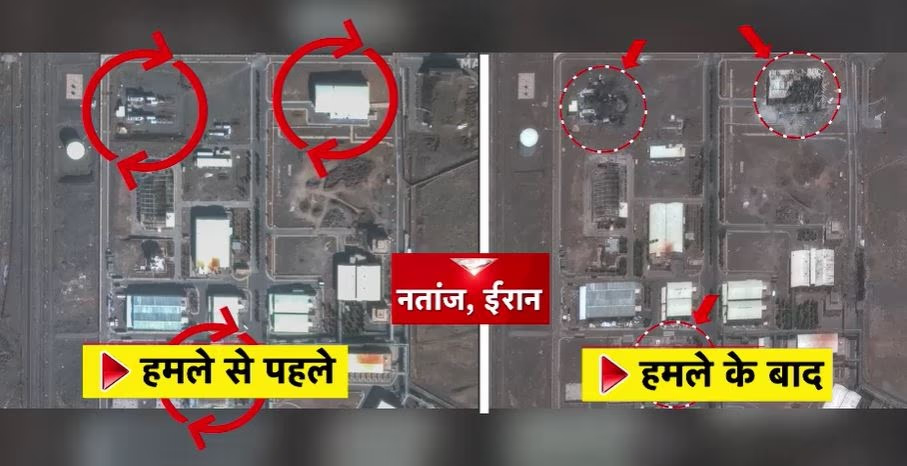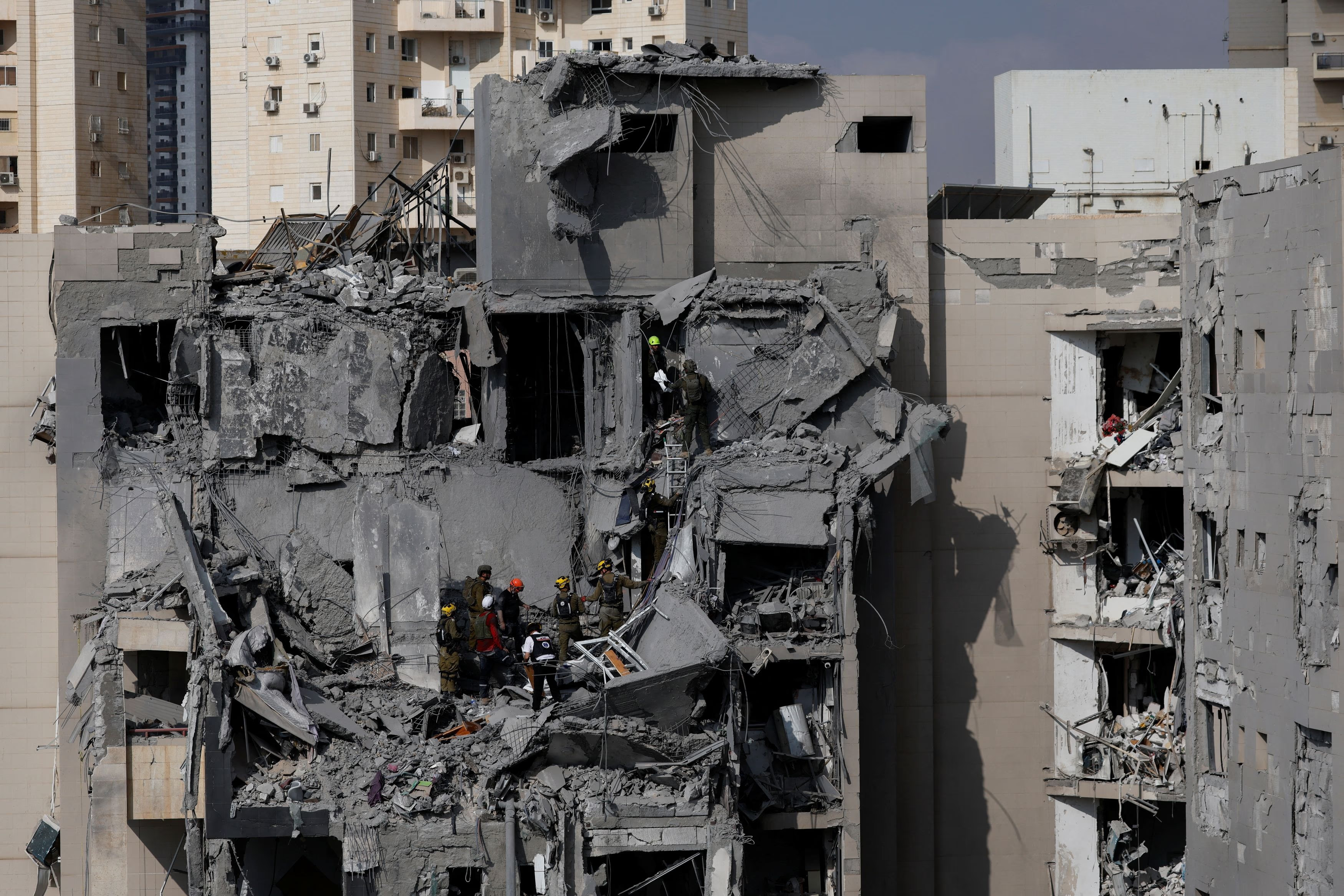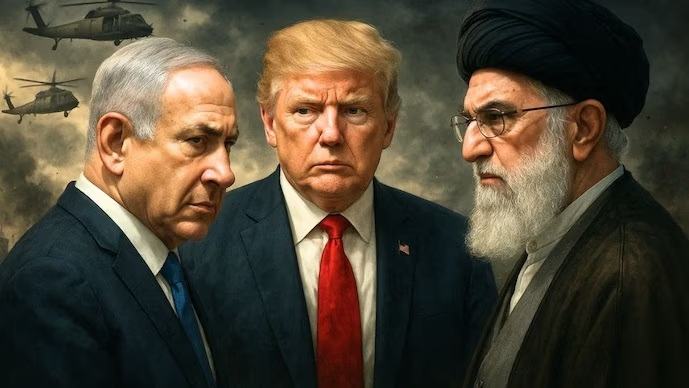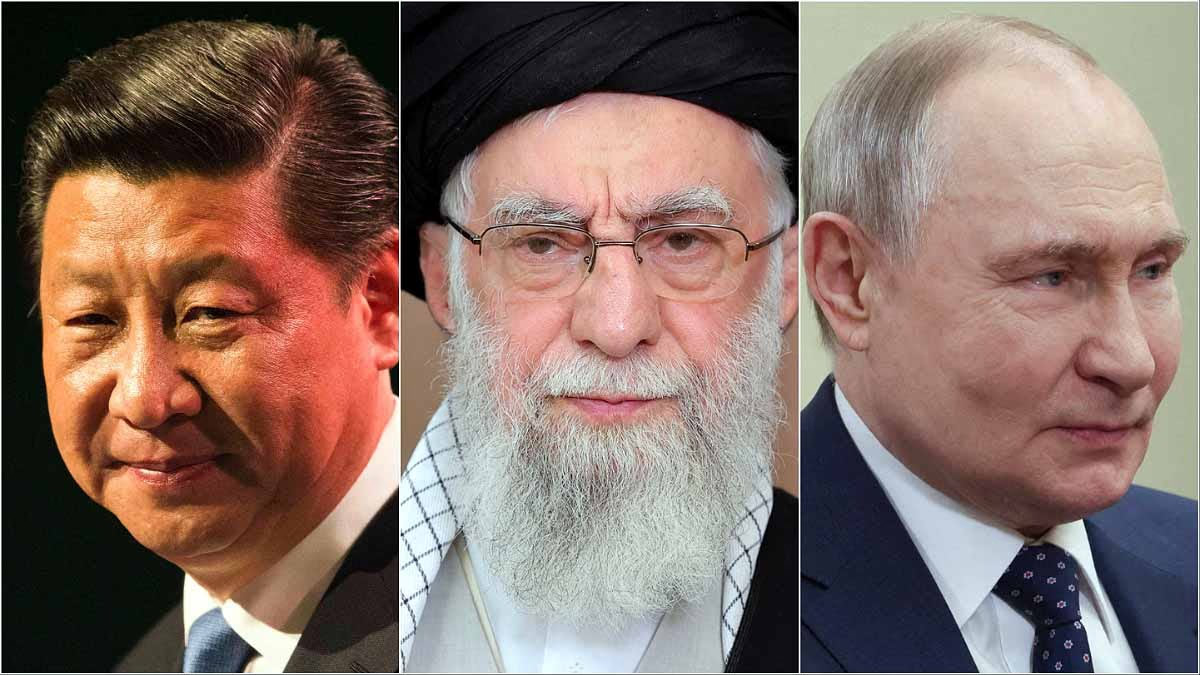After 12 intense days, the conflict between Iran and Israel has finally come to a halt. The involvement of the United States made the situation more hazardous, especially with the bunker buster bombs targeting Iran's key nuclear sites. On Tuesday, U.S. President Donald Trump announced a ceasefire between Iran and Israel, warning both sides against any violations. However, the initial looming nuclear threat from Iran that initiated the conflict raises the question—is it now completely neutralized?
Key Questions Post-Conflict
Did America orchestrate the Iran-Israel conflict? Was America's target the three nuclear sites of Iran? Was this limited war a result of the failed Nuclear Deal by the U.S.? Has Iran's nuclear capability been fully dismantled? These are some pressing questions demanding answers following the ceasefire. After 12 days of relentless combat and extensive use of ammunition, has Israel eliminated the nuclear threat from Iran?
Also Read:
Just before the ceasefire, Iran's attacks claimed four lives in Israel. Over a thousand Iranian civilians also perished, with top military commanders and key nuclear scientists falling victim to Israeli strikes. Significant damage was inflicted upon Iran's pivotal nuclear facilities in Fordow, Natanz, and Isfahan due to American bombing. Was this the ultimate aim for President Trump?

Source: aajtak
America's Unyielding Approach
By instigating an Israeli attack on Iran, perhaps Trump failed to coerce Iran into his Nuclear Deal terms. Yet, he seems confident that he has temporarily stalled the nuclear threat emanating from Iran. By bombarding Iran's three main nuclear sites with tons of explosives, America concluded that Iran's nuclear capabilities had been nullified. However, this assumption lacks a solid foundation.
The fate of Iran's highly enriched uranium reserve, after America's bombardment, remains unknown. The actual damage to Iran's uranium enrichment plants is yet to be accurately assessed. Still, by striking Iran, America has demonstrated its capacity to act unilaterally on the world stage.
Gains for Israel from the Conflict
Israel launched attacks on Iran, claiming that Iran's nuclear capabilities posed an existential threat. Within the first week of battle, Israel boasted of eliminating top Iranian nuclear scientists and military officials. Israel's precision airstrikes dealt significant blows to Iran's nuclear-advancement capabilities, showcasing Israel's strategic gains.
Also Read: What will Iran's future hold post-war with Israel?
According to Israeli media, 10 Iranian nuclear scientists were killed in the first week of the conflict, with an additional 7 casualties in the second week. Moreover, several top Iranian military commanders also fell victim to Israeli precision attacks, marking significant achievements for Israel.

Source: aajtak
What Did Iran Achieve?
In the wake of the conflict, Khameini's regime in Iran appears to have regained a sense of control. The biggest takeaway for Iran, post-ceasefire, is its refusal to succumb to the pressure from the combined forces of the U.S. and Israel. Despite America’s open engagement in the conflict, Iran neither surrendered nor accepted any terms. Iran can take solace in the fact that controlling it couldn't be achieved by Israel alone, prompting the eventual involvement of the United States.
The Continuation of Iran’s Nuclear Program
Iran's next biggest gain from this war is the continuation of its nuclear program, which persists despite numerous assaults. The Iranian parliamentary committee decided to halt the international nuclear agency's information retrieval about Iran's nuclear program, post this conflict.
Iran's parliament is set to approve a bill rejecting the UN’s agency oversight of its nuclear activities. According to committee spokesman Ibrahim Rezaei, there will be no installation of surveillance cameras, inspection permissions granted, or report submissions.
Also Read:
Iran states that without a future guarantee against attacks on its nuclear sites, it will not allow IAEA monitoring, arguing that despite cooperation, the U.S. violated Iranian sovereignty by striking its nuclear facilities.




